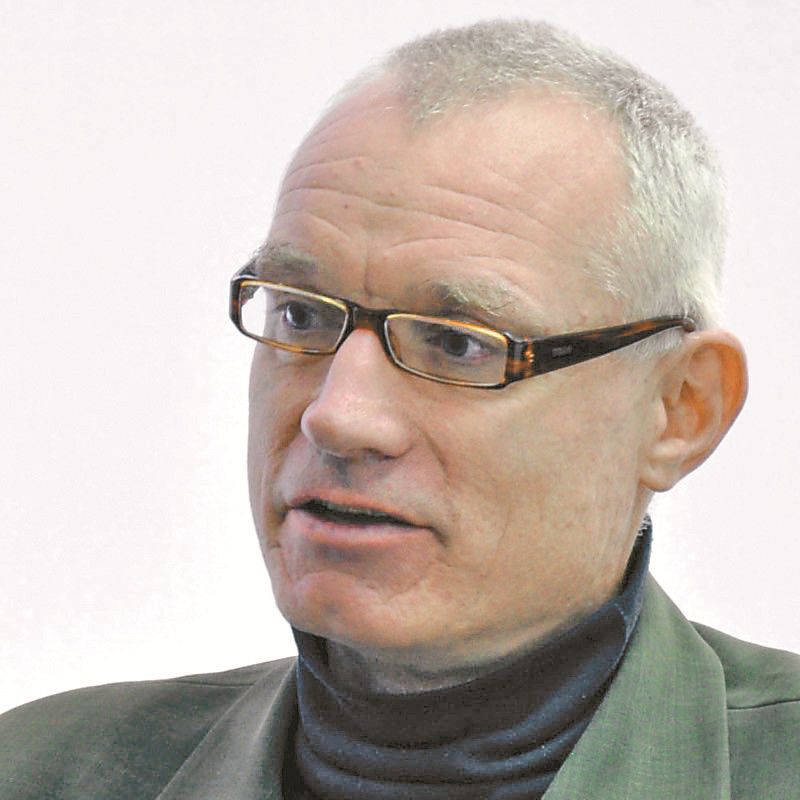Urban planning expert optimistic about SZ’s future
Writer: Lei Kaibin | Editor: Jane Chen | From: | Updated: 2017-07-17

Barry Wilson
Email of the writer: raylei21@163.com
A Relatively newborn city by China’s standards, in Barry Wilson’s eyes, Shenzhen is a pioneer in a wide range of fields, from urban planning to the sharing economy.
The Briton, who is the CEO of Barry Wilson Project Initiatives, an international design and management consultancy he founded in Hong Kong in 1995, commutes between Hong Kong and Shenzhen, where his company has an office.
He is an urban designer, environmental advocate and public speaker. His portfolio includes a variety of architecture, urban design and environmental projects. For instance, he was on the team behind the Foshan Lecong Beiwei project, a sustainable design process for urban development.
Wilson first visited Shenzhen in 1996 and has noticed recently that the city is introducing more well-educated expats and building better Chinese and expat communities.
According to him, although Shanghai has advantages over Shenzhen in sustaining talents over the long term, he expects that more expats here will pursue endeavors other than business, such as leisure. Now that Shenzhen is offering more leisure activities and social networking opportunities, he has shifted his home from Hong Kong to Shenzhen. “People can see a promising future here.”
“On a lovely day in December when I woke up, suddenly 20,000 bicycles were on the street. It’s like it snowed in Christmas,” said Wilson when talking about the debut of shared bikes in Shenzhen.
In the bigger picture, Wilson expects to see completely driverless shared taxis and rental cars within the next 10 years, and even drones in the future. An advocate of green transportation, Wilson commutes via public transportation and shared bikes.
“Shenzhen doesn’t have to change its base, since it starts everything from the ground. Hence, it is much more able to cope with the fast change in the 21st century,” said Wilson, while also suggesting that decision makers should be visionary and particularly concerned with efficiency in urban planning.
One of his suggestions for the city is to focus on health care and education so that talents are more willing to settle down. Another is to think in terms of a sharing economy — cars, bikes and even drones — and transform the conventional planning mindset that is based on private cars and multiple-lane roads. For instance, planners could adapt parking spaces that are currently being used for private cars into spaces for shared vehicles or even agriculture.
In addition, he said that Shenzhen should be cautious about developing into too big of a city, which not only creates problems for commuters but also is a ticking time bomb for a virus outbreak or terrorist attack. “I’m an advocate of 50 cities of a million, instead of one city of 50 million,” said Wilson, on the topic of the unintended consequences for quality of life when concentrating resources on megacities.
He said he hopes that Shenzheners will gradually reject inefficient modes of transportation.